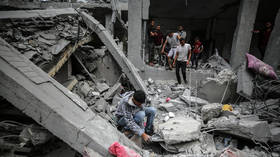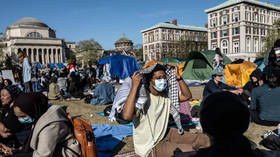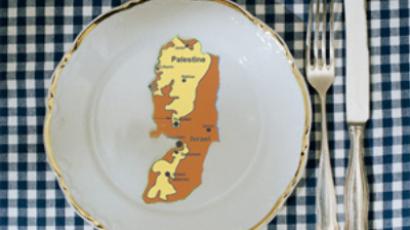Has life in Iraq changed for the better without Saddam Hussein?
Thirty years ago, Saddam Hussein came to power in Iraq. His dictatorship ended with the US-led invasion in 2003, followed by his execution later. But are Iraqis better off after Saddam?
Labeled one of the most ruthless dictators of the 20th century, Saddam Hussein waged a savage war with his neighbor Iran shortly after coming to power, costing around a million lives.
But it was his invasion of Kuwait in 1990 that led to his country's international isolation. The United Nations sanctions which followed brought virtual economic ruin to Iraq.
“These factors made Iraqi citizens go hungry for the first time in history, forcing them to seek aid from others. Thousands of Iraqis left Iraq to secure their living at the time,” says Muayaed Al-Lami, president of the Iraqi Journalists Union.
When the US and allied forces deposed Saddam Hussein in March 2003, crowds of Iraqis cheered them in Baghdad.
“Combat operations in Iraq have ended. In the battle of Iraq, the US and our allies have prevailed,” said George W. Bush in May 2003.
Saddam Hussein was hunted down and sentenced to death in November 2006, after a year-long trial. He was found guilty of crimes against humanity and the mass-killing of 148 Shias in the 1980s. But did Iraqis get what they had been hoping for?
Today, sectarian violence continues to rage, claiming the lives of around 450 people in June alone.
“Many lost their children, husbands and brothers and even their daughters. I myself am a victim – losing the father of my children, my husband. I am the mother of 6 children; and they used to feel secure and safe. They used to go to colleges and schools without us worrying about them,” says Iraqi widow Um-Muhammed.
Exactly how many have died in Iraq since the US-led invasion is unknown, with estimates ranging from at least 100,000 to over a million people. Evidence from Baghdad's notorious Abu Ghraib prison showed American soldiers sexually abusing and torturing detainees, and treating them like animals.
In 2007, employees of security contractor Blackwater shot dead 17 Iraqi civilians in a Baghdad square, while escorting US State Department vehicles.
“You want freedom? You have to pay for it. The Iraqis paid a tremendous price of course,” says doctor of history Georgy Mirsky, senior research fellow at the Institute of World Economy and International Relations, based in Moscow.
American combat troops, which have now withdrawn from Iraqi cities, will pull out of the country by the end of 2011, when Iraqi security forces will fully take over.
They will face a tough task – restoring law and order in a country where Saddam Hussein's overthrow seems to have brought a whole new wave of suffering.













